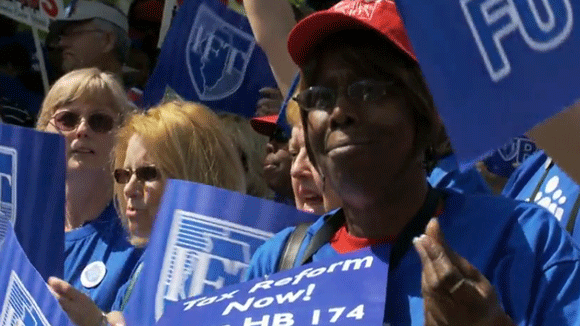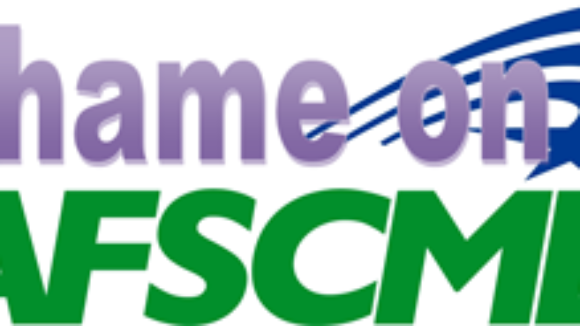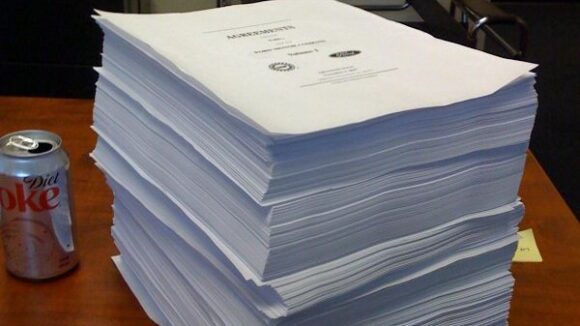Socialist Teacher Block Deal in Chicago
[media-credit name="EAG" align="alignright" width="300"][/media-credit]The Chicago Tribune reports that hard core socialists within the teacher's unions are blocking a deal to get teachers back in the classroom. It's amazing they have so much influence and power . . . or is it? Chicago teachers were anxious this morning as they walked the picket line for the seventh day, worried whether union officials will decide today to call off the strike that has kept 350,000 students out of the classroom. “I’m hoping the delegates come to their senses and know that our kids need us,” Mary Silva, a CPS social worker, said outside school headquarters. [...] But as in many labor organizations, Lewis is faced with uniting a membership that spans the political spectrum. In CTU, that ranges from high-ranking officials who have written for socialist websites to more traditional members simply concerned with working conditions. Some of those more radical factions inside and outside her labor organization are now attacking her and others in union leadership. Leaflets calling Lewis a “sellout” for concessions agreed to with CPS were distributed to union delegates at Sunday’s meeting. That phrase surfaced again among frustrated delegates as they left the meeting with few concrete details about the contract proposal and with serious concerns about what they were being asked to sign.



